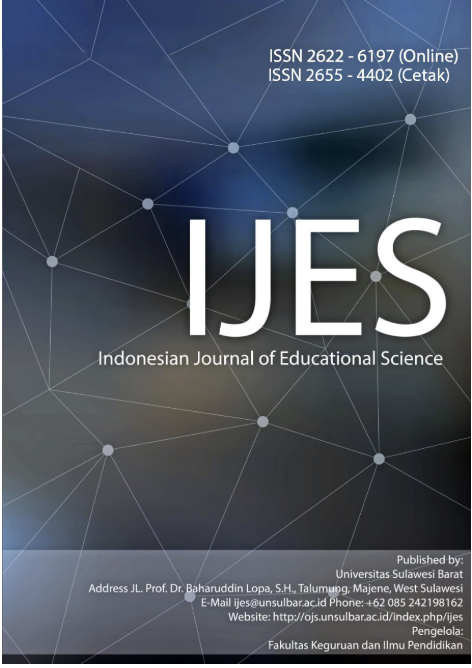Main Article Content
Abstract
The Indonesian people are familiar with traditional medicines that function as anti-inflammatory agents and can strengthen the immune system, with at least 163 types of medicinal plants found on Lombok Island. This study aims to increase students' literacy about Sasak medicinal plants used by the local community through Project-Based Learning assignments. The outcome of this research is a pocket guide on Sasak medicinal plants produced by each student group as part of an inventory effort of active Sasak medicinal plants still used by the community. This research is a descriptive-exploratory qualitative study and a quantitative cross-sectional study. The sample consists of 45 students. The exploratory assessment of qualitative data is based on the students' ability to complete the project and produce the pocket guide, while the quantitative data analysis uses univariate and bivariate analysis in SPSS 25. The Project-Based Learning assignment effectively improved students' literacy on Sasak medicinal plants, resulting in 15 pocket guides. There was a notable improvement in knowledge levels before and after the project assignment, with the percentage of students in the “good knowledge” category increasing from 22.2% to 82.2%. The group of students with the most significant improvement was Group 6, with a 95% score in the "good knowledge" category. There was a significant increase in knowledge with a p-value of 0.009 < 0.05, indicating an influence of improved knowledge among Pharmacy students at Universitas Qamarul Huda Badarudin Bagu regarding the use of Sasak medicinal plants in the community after participating in the phytochemistry practice and being given assignments through Project-Based Learning (PBL).
Keywords
Article Details

This work is licensed under a Creative Commons Attribution-NonCommercial-ShareAlike 4.0 International License.
